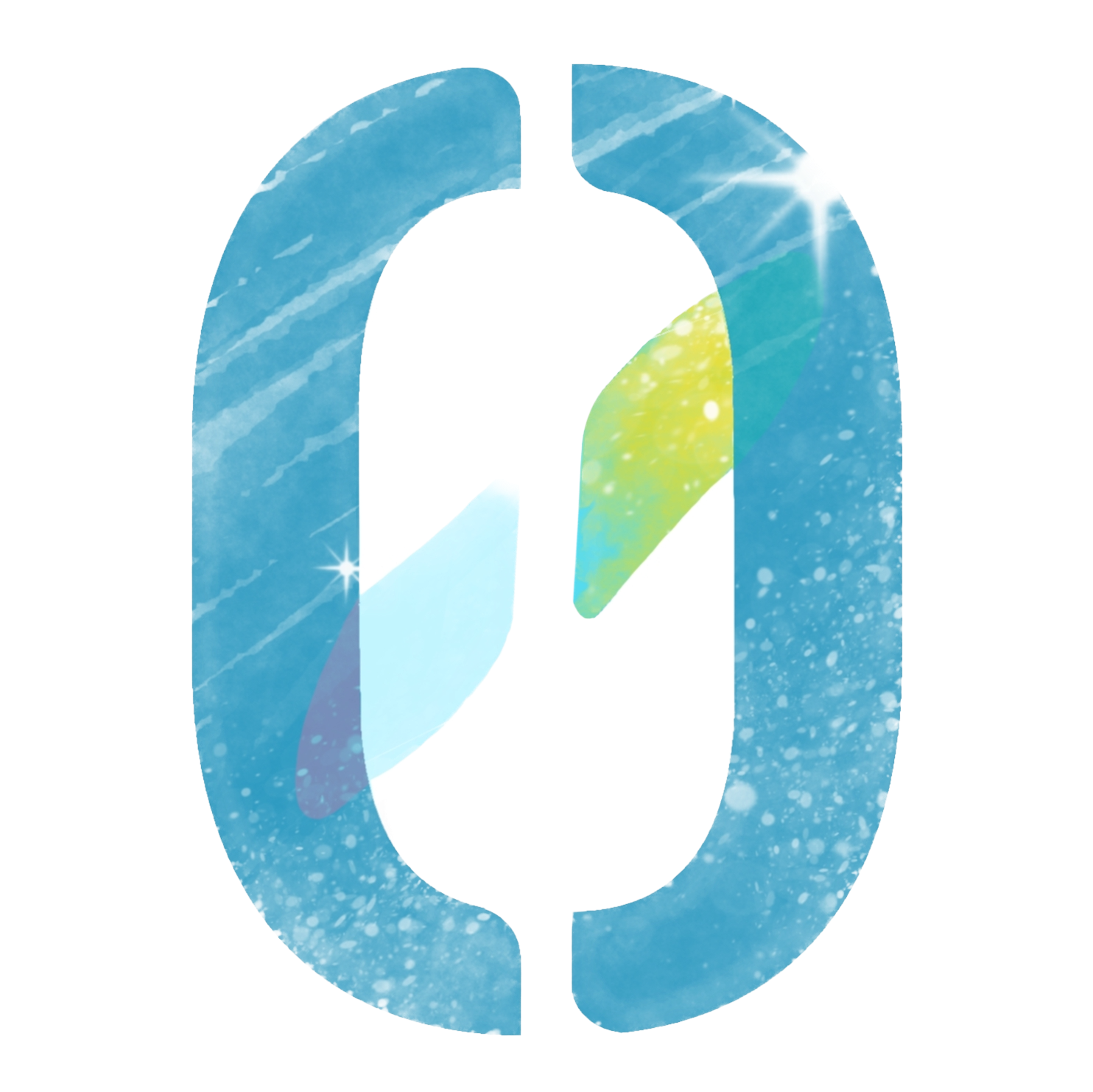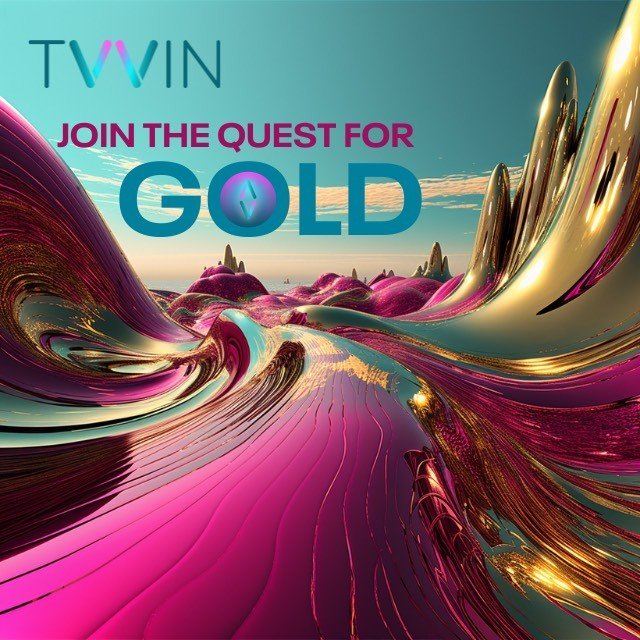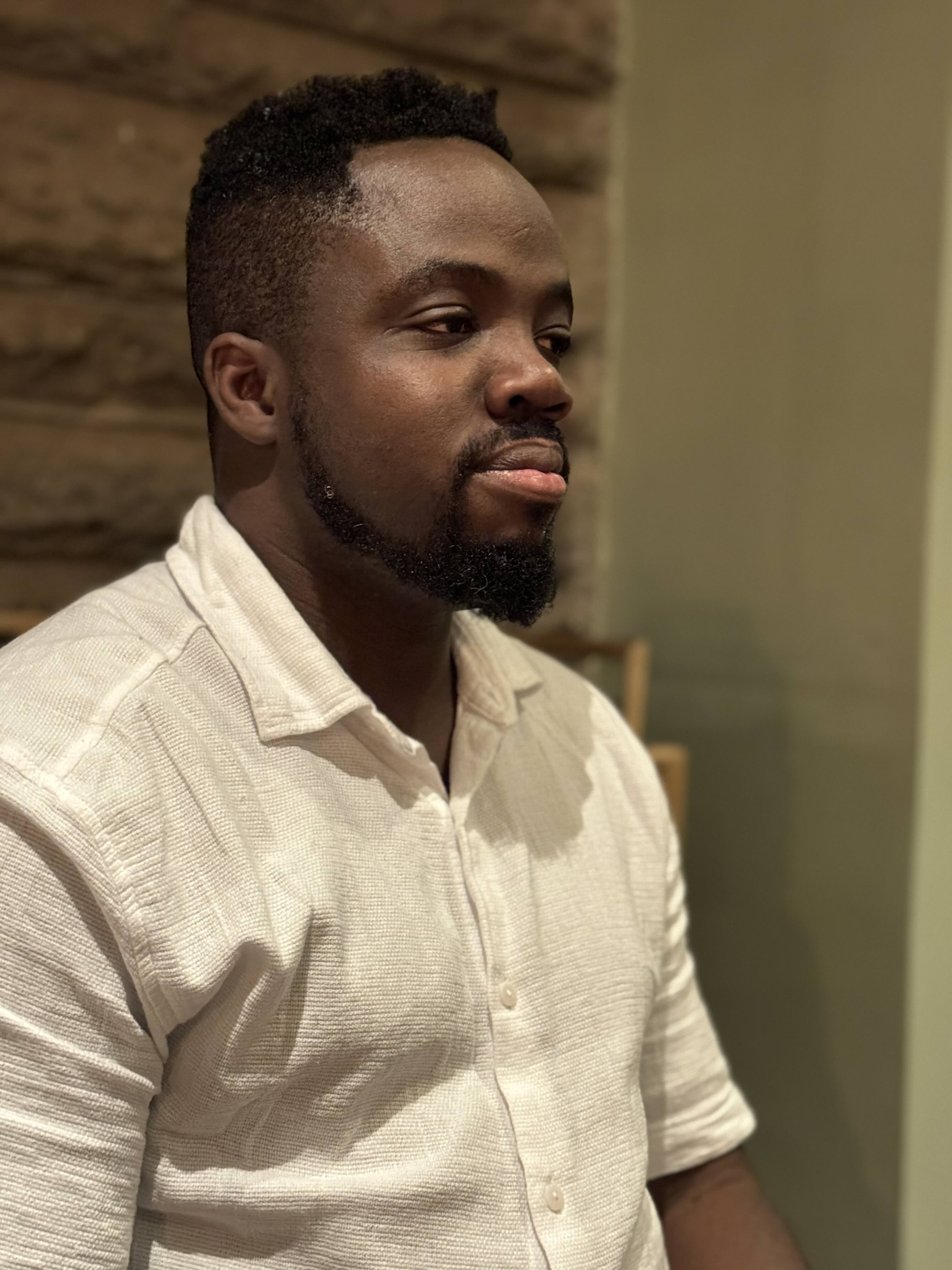Please describe your proposed solution.
Where does our food come from? How is it produced? Does our food include chemicals? What is the environmental impact of the food we eat? How is the farmer's livelihood?
The answers to those questions are complex and often we prefer not to know. But the reality is that much of the food we eat today is sourced upstream by smallholder farmers living in extreme poverty and using unsustainable and unhealthy farming methods for people and nature.
In this proposal, we will focus on one supply chain of Bambara groundnut plant-based milk that is being grown in Ghana, by women smallholder farmers.
This presentation gives a good overview of the project:
<https://drive.google.com/file/d/16s3Vq67Sb8jZtvkavLB2f5md-U9C5TUW/view?usp=sharing>
Please see the attached document that explains the opportunity we have across this supply chain
<https://docs.google.com/document/d/1pFIlHzkOQOsRZGTTo4MQIk1sM6bAGtTMolr25Y1PC5c/edit>
Also as background information please read the fund 8 funded proposal which, based on the research we did let us to write the current proposal.
<https://cardano.ideascale.com/c/idea/403695>
The above resources give a good overview about the project and overall opportunity.
The proposed solution
This proposal's solution offers a direct connection between the farmers and the customers. WhatIF Foods makes regenerative foods like instant noodles and plant-based milk, which are stable foods. Using plant-based milk products is very attractive as customers drink milk on a regular basis and it is a product that could have big lifecycle value as well as high importance for the engagement between the source and the consumer.
While the source of the Bambara today is coming in majority from Nigeria, ‘WhatIF Foods’ is developing the supply chain from Ghana. This means that customers could learn from a very early stage on the baseline status and have full transparency and traceability on what is the progress on the ground. As the project is expected to grow and impact more than 25,000 smallholder farming families, there is a great opportunity to show how Cardano technology and the community could support such an amazing project and serve as use case for many other agri supply chains.
Current status:
- <https://whatif-foods.com/> is selling its product online in Singapore, Malaysia, Australia, New Zealand, and the US (not yet available in Europe).
- The products are being sold through <https://www.shopify.com>
- Shopify is already working with Crypto payments including ADA
- <https://nowpayments.io/payment-tools>
- <https://www.cryptoglobe.com/latest/2021/04/cardano-ada-payments-now-available-to-merchants-using-shopify-or-woocomerce/>
- https://www.reddit.com/r/cardano/comments/muxpan/ada_payments_possible_on_shopify_woocommerce_and/?utm_source=share&utm_medium=web2x&context=3
The suggested process will be as follow:
- A dedicated webpage will be created in Shopify for the project with dedicated messaging.
- Customers can use their ADA wallet to buy milk to be shipped to their location. If the customer does not have an ADA wallet, information and links will be provided.
- An agreed % of the revenue will be sent, using a smart contract, to the “Pond Foundation” wallet.
- The Pond Foundation will use the money to interact with farmers and improve their livelihood.
- A monthly report on the use of funds and progress with the work with the farmers will be provided by the pond foundation.
Value for customers and users
Customers will be part of the creation of a sustainable supply chain using their buying power. All in a transparent and traceable way using the Cardano blockchain.
Please describe how your proposed solution will address the Challenge that you have submitted it in.
The challenge asks the question: What dapps, products and integrations can be implemented to bring impactful use cases to the Cardano ecosystem that help drive more adoption?
Agricultural supply chain is a big focus for Cardano Foundation and has prime importance in developing countries where Cardano aims to create a large impact.
Here is some Data related to Ghana:
In addition, it builds a dapp for a massive problem in Africa in general as well as in the country we are working in. Ghana has a population of 25.37 million […] with 68 % and 32 % living in the rural and urban areas respectively. About 52 % of the labor force is engaged in agriculture […] Approximately, 39 % of the farm labor force is women. Agriculture contributes to 54 % of Ghana’s GDP, and accounts for over 40 % of export earnings, while at the same time providing over 90 % of the food needs of the country. Ghana’s agriculture is predominantly smallholder, traditional and rain-fed (SRID, 2001). Source: <https://www.fao.org/ghana/fao-in-ghana/ghana-at-a-glance/en/>
This solution will directly impact small farmers' livelihood and the environment incentivizing farmers to work in a sustainable way impacting the amount of CO2 sequestered because of the increased adoption of biochar as fertilization of the farmer's soil, the usage of artificial fertilizer will be stopped and the new sustainable way of fertilizing the soil will be the beginning of a local revolution using biochar. This is a key part of the work of The Pond Foundation and ‘WhatIF Foods’.
But the amazing opportunity is that it will be achieved by consumers using ADA to purchase the products and have full transparency on the use of funds with the farmers. This is a HUGE use case for Cardano around supply chain transparency and traceability. The Pond Foundation will be able to use the funds for all activities like investing in primary education, healthcare, primary infrastructures, access to clean water and sanitation. A report about the use of fund and impact will be available to the community to measure the impact.
In this proposal, we are actually onboarding a food company (<https://whatif-foods.com/>) to collaborate with Catalyst and incorporate ADA payments for its products and encourage a model where its customers have a direct impact on the supply chain. In the previous fund we managed to onboard the <https://thepondfoundation.org/> and this is already a ripple effect.
What are the main risks that could prevent you from delivering the project successfully and please explain how you will mitigate each risk?
Challenge 1: volatility of currency - ‘WhatIF Foods’ is taking a risk of managing cashflow based on the volatility of the coins. We will start with a pilot and grow as we resolve some of the key issues such as having a Cardano stable coin. The price of the milk will not be fixed in ADA but rather in USD and will be converted to ADA at the time of purchase. We will work together with the Treasury Guild service (see below) to try and further mitigate this risk.
Challenge 2: there might be legal implications to selling in the US in ADA - this is why we start with a pilot and price the purchase in USD.
Challenge 3: Customers' concern and education to use/open the wallet to buy milk - we will focus the pilot with the Cardano/Catalyst community




